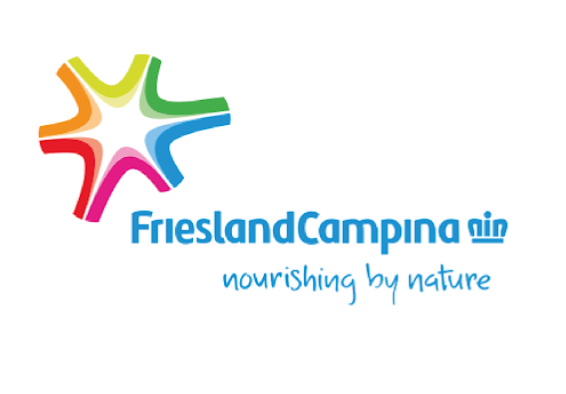FrieslandCampina have reported that for the first half of 2022 revenues rose from 5.5 billion to 6.6 billion euros but that profit margins in the retail channel are under pressure due to cost increases.
Said Hein Schumacher, CEO Royal FrieslandCampina N.V.: “We are looking back on a dynamic first half of 2022. My first thoughts here are the Cabinet’s nitrogen proposals and the farmers’ responses, the war in Ukraine and its effects on the global economy, as well as the extreme inflation we are confronted with. A lot has also happened at the company since the beginning of this year. Within the cooperative, the implementation of the new member financing system was started in 2022 and in June the Members’ Council approved an amendment to the member acceptance policy. Both steps were important for the continuity of the company. The first contributes to the quality of the company’s equity and the second is important in view of the future milk supply.
To be able to respond effectively to opportunities in the market so that we can continue to add value to the milk supplied by our member dairy farmers in the future, FrieslandCampina is constantly working on improving its production network and strengthening its brand portfolio. That is why we invest in new production facilities in Indonesia and Malaysia, new recyclable PET packaging lines in Belgium’s Aalter and expand our lactoferrin production in Veghel. After strategic evaluation, we decided to continue to build the infant nutrition business under a strong Friso brand. We announced to divest part of our German consumer business and to continue to focus on a number of our successful international consumer brands in Germany, including Chocomel, Valess and Frico. In the Netherlands we also decided to close a production location in Rotterdam and two powder towers in Leeuwarden. In Thailand we will focus on production and sales of long-life dairy products and closed our production site for pasteurised products. Finally, we recently signed an agreement for the sale of our production location for local infant nutrition in Xiushui, China.
We also made significant progress in the area of sustainability. In April, we published our Climate Plan with clear targets. The renowned Science Based Targets initiative (SBTi) has confirmed that the climate targets for our global production and transport activities are in line with the 1.5-degree scenario of the Paris Agreement. To implement our Climate Plan and significantly reduce greenhouse gas emissions, we have announced various initiatives, including a large-scale pilot with a livestock feed additive that reduces the methane emission of cows.
The figures show that there was good revenue and profit growth in the first half of the year. Revenue and profit from infant nutrition in China experienced significant growth, in part due to the strong growth of Friso Prestige. However, costs also rapidly increased across the board, making price increases inevitable. Our Professional and Trading businesses benefitted from high fat, protein, and commodity dairy prices. Profit margins, particularly in the retail channel, were under pressure, because it was not possible to fully pass on cost increases. The historically high milk price in the first half of the year of course is favourable for our member dairy farmers since they too are confronted with significantly increased costs in their farming operations.
The end of all uncertainties is not yet in sight. We are still faced with inflation-related challenges and the associated price increases, mounting raw material shortages, declining consumer confidence and the corona pandemic, which has yet to completely pass. We are also still confronted with major uncertainty concerning the impact of the Dutch Cabinet’s announced nitrogen proposals on our members and our company. For this reason, we are exercising extra caution in terms of our outlook for the rest of the year, and we have decided to forego the interim pro forma supplementary cash payment to our member dairy farmers.
I would like to conclude by thanking our members and employees for all their hard work over the past months. The resilience they display in this respect every day gives me every confidence that FrieslandCampina will also be able to successfully cope with present and future challenges.”
As a result of the war in Ukraine, the corona pandemic, and rising costs, including the cost of energy, fuel, transport and raw materials, and general disruptions in international supply chain and trade, the outlook for the second half of the year is uncertain. A turnaround of commodity dairy prices can have significant impact on the result. FrieslandCampina will continue to study how it can further optimise its production network. Because of the many uncertainties, FrieslandCampina is not issuing an outlook for the expected profit for 2022 and is also not making any forecasts concerning the future development of the milk prices. For more visit FrieslandCampina.com



